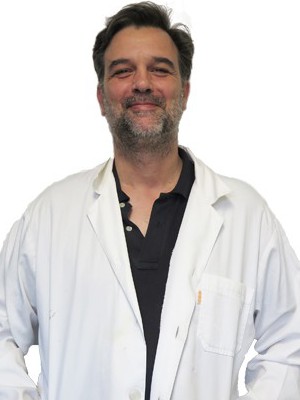abstract
Proteins play a major role in the organization of the living matter. Underlying this fact are their unique properties in aqueous solution, for which the available theories provide only a partial explanation. In order to throw some light into the behaviour of proteins in aqueous solution, experiments on the precipitation of electropositive albumin by means of the sodium salts of sulfate, thiocyanate, nitrate, bromide and chloride upon varying the solution pH were undertaken. Results show that the protein undergoes a transition at approximately pH 3, characterized by a change on its precipitation profile. Its shape, of monotonic profile below pH 3, displays a non-monotonic behaviour with separated peaks at higher pH values, which increase in number and decrease in intensity with increasing pH. To elucidate these observations, additional precipitation experiments with sodium thiocyanate in the presence of a secondary salt were undertaken. It is shown that the secondary salt changes significantly the protein's precipitation profile, despite being present in very low concentration. Its influence on the precipitation depends in a great extent on the cation's valence, which induce effects proportional to x, x(2), and x(3) for monovalent, divalent, and trivalent cations, respectively. The observations reported can be explained under the assumption that i) the protein dissociates into distinct forms, as result of the dissociation of carboxyl groups, and ii) salt cations establish chemical equilibria with the negative charges of the dissociated carboxyl groups present in the emerging protein forms. (C) 2020 Elsevier B.V. All rights reserved.
keywords
BOVINE SERUM-ALBUMIN; STARCH-GEL ELECTROPHORESIS; METALLIC CATIONS; CHEMISTRY; GASES
subject category
Chemistry; Physics
authors
Madeira, PP; Freire, MG; Coutinho, JAP
our authors
acknowledgements
This work was developed within the scope of the project CICECO-Aveiro Institute of Materials, UIDB/50011/2020 & UIDP/50011/2020, financed by national funds through the Portuguese Foundation for Science and Technology/MCTES. P.P.M acknowledges University of Aveiro for funding in the scope of the framework contract foreseen in the numbers 4, 5 and 6 of the article 23, of the Decree-Law 57/2016, of August 29, changed by Law 57/2017, of July 19.


